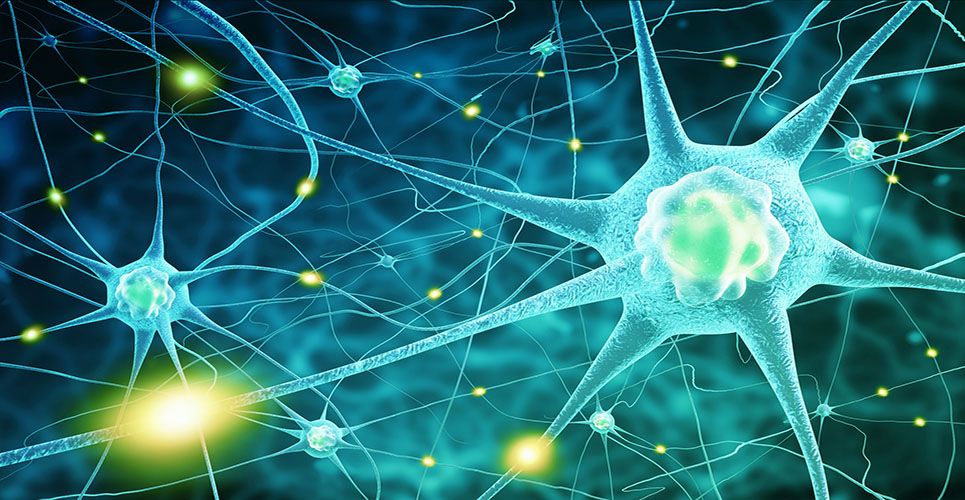teaser
Results from new post hoc analyses assessing the effects of Neupro® (rotigotine) in restless legs syndrome (RLS) and utilising novel surrogate markers suggested improved daytime functioning and daytime symptoms, reduced RLS-related pain and improved mood and depressive symptoms in patients with moderate to severe RLS 1–3. The data were presented at the 15th International Congress of Parkinson’s disease and Movement disorders in Toronto, Canada.
Daytime functioning and daytime symptoms in RLS patients
RLS has been mainly associated with symptoms occurring in the late evening and at night. However, epidemiological studies and this post hoc analysis suggested that patients may also experience daytime symptoms and report impairment of daytime functioning.
Results of a post hoc analysis of a six month double blind study of rotigotine in 458 patients suggested improvement in daytime functioning and daytime symptoms in patients treated with rotigotine (1, 2 and 3mg/24h, pooled data) than placebo.
“Daytime functioning symptoms, such as symptoms in the afternoon, sleepiness and tiredness due to bad sleep are a problem for many patients with moderate to severe RLS, and can adversely affect their ability to carry out everyday activities. While additional studies are needed, this post hoc analysis suggested that patients treated with rotigotine for 6 months may experience improvements in daytime functioning and daytime symptoms compared to those treated with placebo. These effects may be explained by the 24 hour coverage of symptoms, whenever they occur, with the application of transdermal rotigotine,” said Dr Ralf Kohnen, University of Erlangen-Nuremberg, Germany.
Significant improvements with rotigotine versus placebo (from baseline to end of maintenance) were seen in a series of measures of RLS symptom severity on the International Restless Legs Syndrome Study Group Severity Rating Scale (IRLS) and the Restless Legs Syndrome-6 (RLS-6) scale, and quality of life on the Quality of Life Questionnaire for RLS patients (QoL-RLS):

Daytime functioning
- QoL-RLS Item 6 “mood impairment due to daytime sleepiness”: (p<0.0001)
- IRLS Item 5 “severity of tiredness/sleepiness during the day due to RLS symptoms”: (p<0.0001)
- IRLS Item 9 “impact of RLS symptoms on ability to carry out daily affairs”: (p<0.0001)
- RLS-6 Item 6 “sleepiness/tiredness during the day”: (p<0.0001)
Daytime symptoms
- RLS-6 Item 4 “RLS symptom severity during the day at rest”: (p<0.0001)
- RLS-6 Item 5 “RLS symptom severity during the day when active”: (p<0.0062)
Pain in RLS patients
Results of the post hoc analysis suggested that treatment with rotigotine (1, 2, and 3mg/24hours) for six months may improve impairment due to pain. More than half of the patients in the study experienced moderate to extreme impairment of daily activities due to pain at baseline. Significant improvement with rotigotine versus placebo (from baseline to end of maintenance) was seen in the QoL-RLS Item 8 score, i.e. the degree to which pains in arms or legs impair wellbeing or normal daily activities (p=0.0018).
Mood disturbance and depressive symptoms in RLS patients Results of the post hoc analysis suggested that treatment with rotigotine (1, 2 and 3mg/24 hours) for six months may improve mood disturbance and depressive symptoms. Significant improvement with rotigotine versus placebo (from baseline to end of maintenance) was seen in the QoL-RLS Item 3, i.e. the degree to which RLS symptoms impair mental health/mood (p<0.0001) and in IRLS Item 10, i.e. the severity of mood disturbance due to RLS symptoms (p<0.0001). Significant improvement with rotigotine versus placebo (from baseline to end of maintenance) was also seen in the Self-rating Depression Scale (SDS-Index), i.e. patient reporting of moderate to definite severe depression (p<0.0001).
